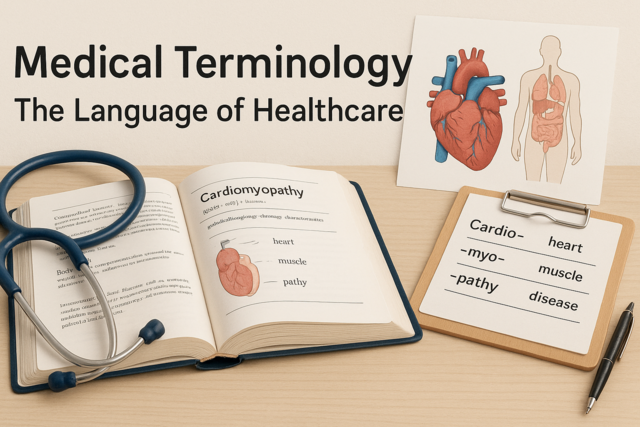Aging and Long Term Care
Empowering Futures with Compassionate Care

5 Hours average completion time
0.5 CEUs
11 Lessons
17 Exams & Assignments
48 Discussions
11 Videos
22 Reference Files
132 Articles
Mobile Friendly
Last Updated February 2026
The demographic landscape of America is undergoing a profound shift. Gone are the days when individuals in their mid-50s to 60s would recede into the quietude of retirement. Today, a robust workforce of seniors is redefining age norms, bringing with them unparalleled experience and wisdom.
Our comprehensive course offers an enlightening exploration into the intricate facets of aging in the 21st century. Dive into the nuances of the aging process, understand potential health risks, and uncover strategies for maintaining well-being across the golden years, whether you're 65 or gracefully embracing 105.
Course Highlights:
- Respecting and Understanding Seniors: Move beyond ageist stereotypes and myths surrounding the aging brain. Learn to appreciate the depth of experience, insights, and perspectives that seniors bring to the table.
- Navigating Health and Wellness: Decode the secrets to sustaining optimal health throughout the aging process, and gain insights into potential risks and ways to mitigate them.
- Understanding Long-Term Care: Dive deep into the diverse range of long-term care options available. Get acquainted with various payment methodologies and the intricacies of the CLASS Act, a federal initiative aimed at supporting long-term care.
- Self-care and Avoiding Caregiver Burnout: Discover essential techniques to ensure your well-being while compassionately caring for aging parents, spouses, or loved ones.
- The Potential Human Lifespan: Challenge the conventional wisdom surrounding human lifespan. It's not just 85 or 95--unravel the exciting scientific discoveries that shed light on the true potential of human longevity.
- Opportunities in Aging Services: For those aspiring to make a difference in the realm of aging services, learn about the plethora of rewarding career opportunities awaiting you in this booming sector.
Join us in this transformative journey. Whether you're approaching your senior years, caring for an elderly loved one, or considering a fulfilling career in aging services, this course promises not only to educate but to inspire a reimagined and optimistic perspective on what it truly means to embrace the "new old age."
- Understanding aging and cognitive changes
- Legal preparedness for seniors
- Strategies for senior health and wellness
- Community engagement and social support
- Advocacy for seniors' rights
- Knowledge of long-term care options
- Empathy and communication with seniors
- Career opportunities in aging services
- Caregiver self-care techniques
- Financial planning for aging costs
- Insight into trends in senior living
-

Bathing as Medicine: Therapeutic Bathing Techniques
-

HIPAA Compliance 101
-

Medical Billing and Coding Course Bundle
-

Medical Terminology for Medical Coders
-

Anatomy and Physiology 101
-

End of Life Care
-

Comprehensive Medical Terminology 1 & 2
-

Understanding Concussions
-

Medical Office Management
-

Medical Terminology 101
-

Medical Terminology 201
-

ICD-10: Medical Coding
-

Caring for Patients with HIV/AIDS
-

Careers in Healthcare